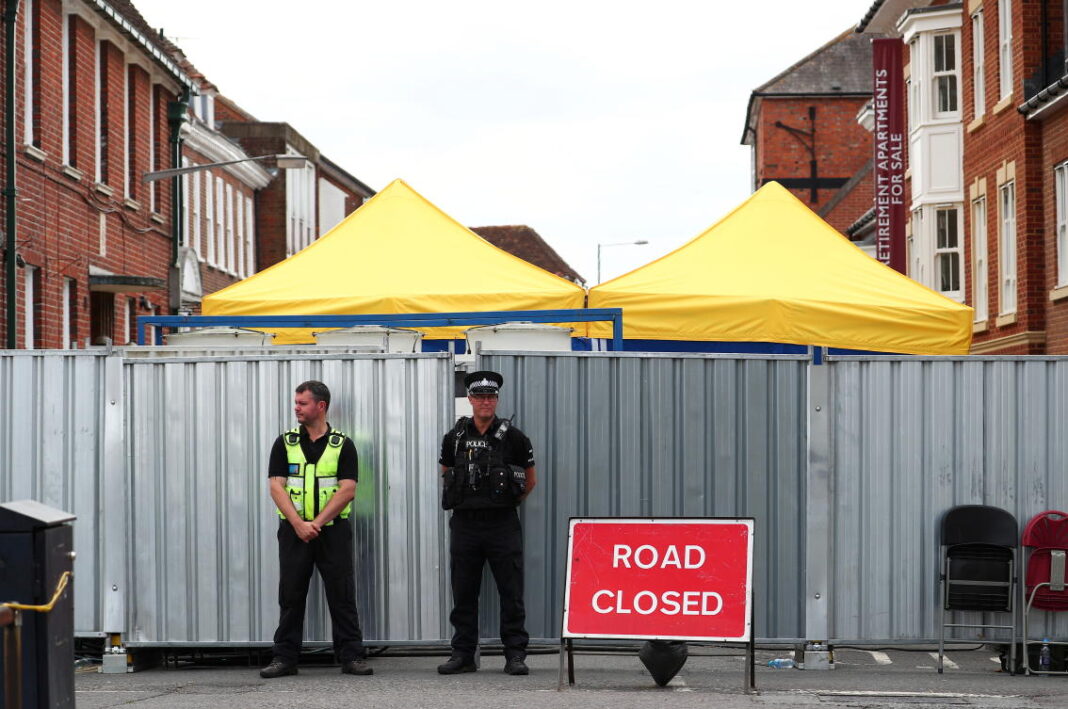LONDON: Britain announced on Thursday a public inquiry into the death of Dawn Sturgess, who was exposed to nerve agent Novichok after the poisoning of former double agent Sergei Skripal in 2018.
Sturgess, 44, died after spraying herself with what she thought was perfume from a discarded bottle which in fact contained the deadly chemical weapon.
The bottle was allegedly used to carry the poison used in the attack on Skripal in the small English city of Salisbury.
Skripal was found with his daughter Yulia, both unconscious, on a bench in the city. They survived after being taken to hospital and now live under protection.
Interior minister Priti Patel said she hoped the inquiry “will bring comfort” to Sturgess’ family “through a greater understanding of the circumstances” of her death.
Heather Hallett, a member of the upper chamber of parliament the House of Lords, will chair the probe, which is due to begin next year.
Hallett has been in charge of a coroner’s inquest into Sturgess’ death but in September wrote to Patel saying a “full, fair and effective” hearing could not be held without wider powers.
An inquest, which is limited in scope, “cannot make any finding of civil or criminal liability against a named person, and it cannot attribute blame or impose any sanction or punishment,” she added.
Britain blames the attack on two Russian security service officers who allegedly entered Britain using false passports.
In September, London warned the pair — and a third agent who allegedly led the operation — they faced arrest and prosecution if they ever leave Russia.
The Kremlin has vehemently denied any link to the Skripal attack.
The Skripals spent days in a coma before recovering but local resident Sturgess died after picking up the discarded bottle.
Her partner, Charlie Rowley, spent weeks in hospital and a police officer also received a non-lethal dose of the Soviet-era nerve agent.
The incident resulted in the largest ever expulsion of diplomats between Western powers and Russia.




